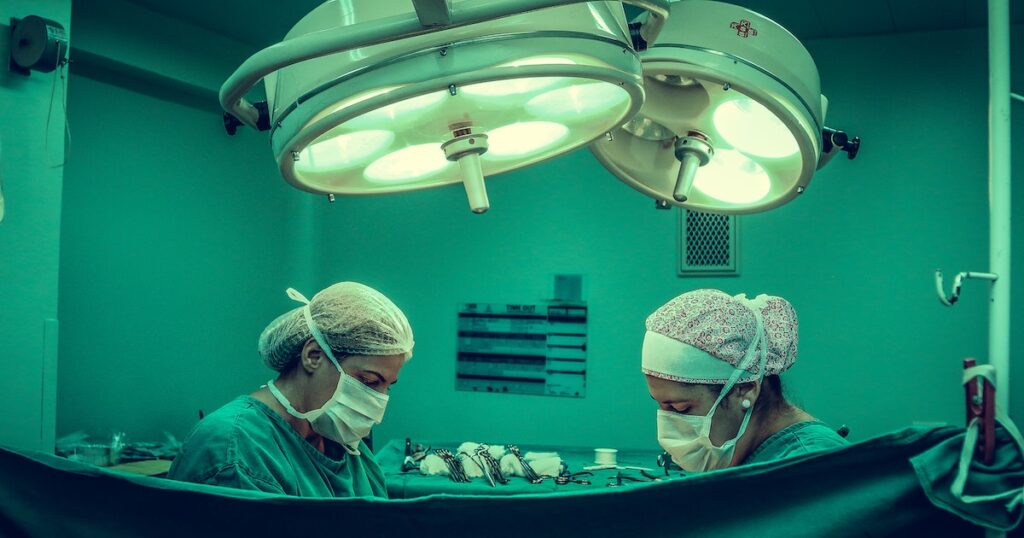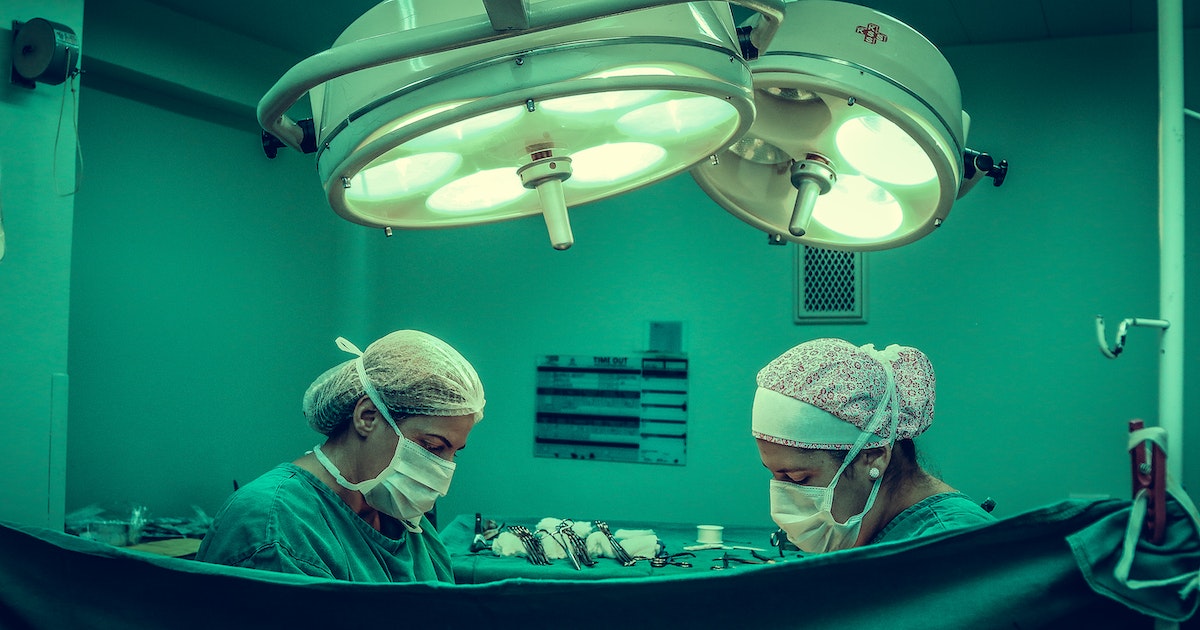Learn Everything to Know About Recovering from Gastric Bypass Surgery

Of all the weight-loss operations available, gastric bypass is by far the most popular choice among obese patients. When problems emerge, patients often stay in the hospital for two to five days.

Once you’ve had surgery, the nurses will keep a careful eye on you as you recover in your hospital room. How to fully recover from bariatric surgery is the subject of this essay.
Advice on Getting Back to Normal After Gastric Bypass
In addition to monitoring your vitals (breathing, temperature, pulse, and blood pressure), nurses will encourage you to get out of bed, move your legs, and practice deep breathing and coughing. All of these features exist solely to forestall any potential problems.
Symptoms such as nausea, vomiting, dizziness, exhaustion, inability to sleep due to gas pain, loss of appetite, mood swings, and loose stools are common in the days and weeks following this procedure. You should feel comfortable telling your doctor and nurse about any and all of your concerns.
Lessening suffering
Shoulder and neck discomfort are common surgical aftereffects. However, your comfort will be attended to by the medical staff. They work very hard to ensure your comfort after gastric bypass surgery. As long as you’re feeling fine, you can get up and move around, cough, and take deep breaths.
You’ll need all of these after bariatric surgery if you want to get well. If you have any discomfort following surgery, your doctor may prescribe patient-controlled analgesia (PCA) to alleviate it. As certain drugs are prescribed for specific medical procedures, such as surgery, you can rest assured that they are safe.
Appointments to Follow-Up
Doctors are concerned about your recovery. Contact them regularly to ensure a rapid recovery from bariatric surgery. Your surgeon will see you between 10 and 3 weeks after your operation. These instructions will be given to you at the time of your hospital discharge.
Your surgeon will want to see you again at regular intervals after your initial follow-up appointment, usually 6, 3, 6, and 9 months after your surgery. Once that’s done, annual checkups are fine to plan. Always be sure to keep your primary care physician updated on your condition.
Get in touch with him or her for any health-related questions or concerns.

